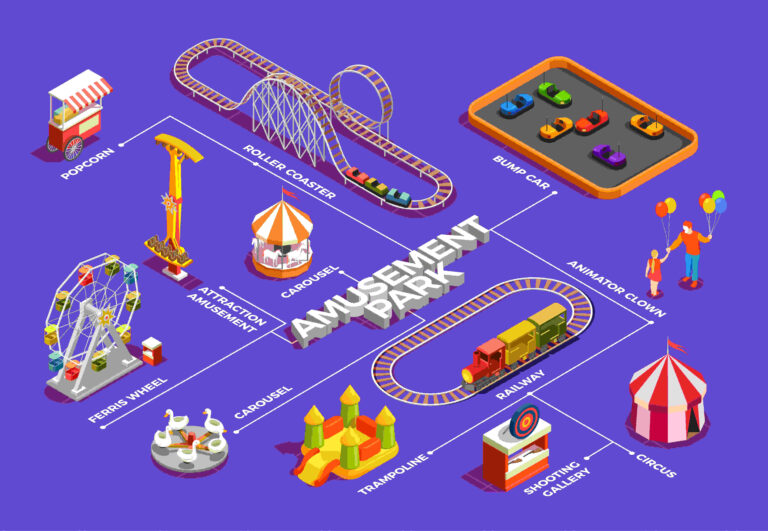In today’s tech-driven world, the synergy between artificial intelligence (AI) and mobile app development services has revolutionized the way we interact with our smartphones. From personalized experiences to predictive analytics, AI has become an indispensable tool for enhancing mobile app functionality. This blog explores the significant role of AI in shaping the future of mobile applications.
Understanding Artificial Intelligence in Mobile Apps
Artificial intelligence refers to the simulation of human intelligence processes by machines, particularly computer systems. In mobile apps, AI enables devices to perform tasks that typically require human intelligence, such as understanding natural language, recognizing patterns, and making decisions based on data analysis.
Personalized User Experiences
One of the most noticeable impacts of AI in mobile apps is the delivery of personalized user experiences. Through machine learning algorithms, apps can analyze user behavior, preferences, and past interactions to tailor content and recommendations. For example, streaming services like Netflix and music apps like Spotify use AI to suggest personalized content based on a user’s viewing or listening history.
Enhanced User Engagement
AI-powered mobile apps can engage users more effectively by offering proactive and contextually relevant notifications. By analyzing user data and patterns, apps can send timely notifications that align with the user’s preferences and habits. This proactive approach not only increases user engagement but also enhances the overall user experience.
Improved Customer Service
Chatbots and virtual assistants are prime examples of AI technologies integrated into mobile apps to provide customer support and assistance. These intelligent bots can understand natural language queries, provide instant responses, and even perform tasks on behalf of the user. By leveraging AI-driven customer service, mobile apps can offer round-the-clock support, leading to higher customer satisfaction levels.
Predictive Analytics
AI algorithms can analyze vast amounts of data collected from mobile app usage to make predictions and recommendations. For instance, e-commerce apps use predictive analytics to suggest products based on a user’s browsing history, purchase behavior, and demographic information. This capability not only enhances the shopping experience but also increases sales conversion rates.
Enhanced Security Features
AI plays a crucial role in strengthening security measures within mobile apps. Facial recognition, fingerprint authentication, and behavioral biometrics are examples of AI-powered security features that provide advanced levels of authentication and protection against unauthorized access. These technologies offer users a seamless and secure way to access sensitive information within mobile apps.
Optimized App Performance
AI algorithms can analyze performance metrics and user feedback to identify areas for improvement within mobile apps. By continuously monitoring app performance, AI-powered solutions can optimize resource utilization, streamline workflows, and enhance overall efficiency. This proactive approach ensures that mobile apps deliver a smooth and responsive user experience across various devices and platforms.
Natural Language Processing
Natural language processing (NLP) is a branch of AI that enables mobile apps to understand and interpret human language. NLP-powered apps can analyze text inputs, voice commands, and even images to extract meaningful insights and perform relevant actions. Virtual assistants like Siri, Google Assistant, and Alexa utilize NLP to understand user queries and execute tasks accordingly.
Conclusion
In conclusion, artificial intelligence plays a pivotal role in enhancing the functionality of mobile apps across various domains. From delivering personalized experiences to optimizing app performance, AI-driven solutions are reshaping the way we interact with mobile technology. As mobile app development services continue to evolve, integrating AI technologies will be essential for staying competitive in the ever-changing digital landscape. Embracing AI-driven innovations not only enhances user experiences but also unlocks new opportunities for businesses to thrive in the mobile app market.
By leveraging the power of artificial intelligence, mobile apps can deliver personalized experiences, improve user engagement, enhance customer service, and optimize performance. As technology advances, the synergy between AI and mobile app development services will continue to drive innovation and shape the future of mobile applications.












